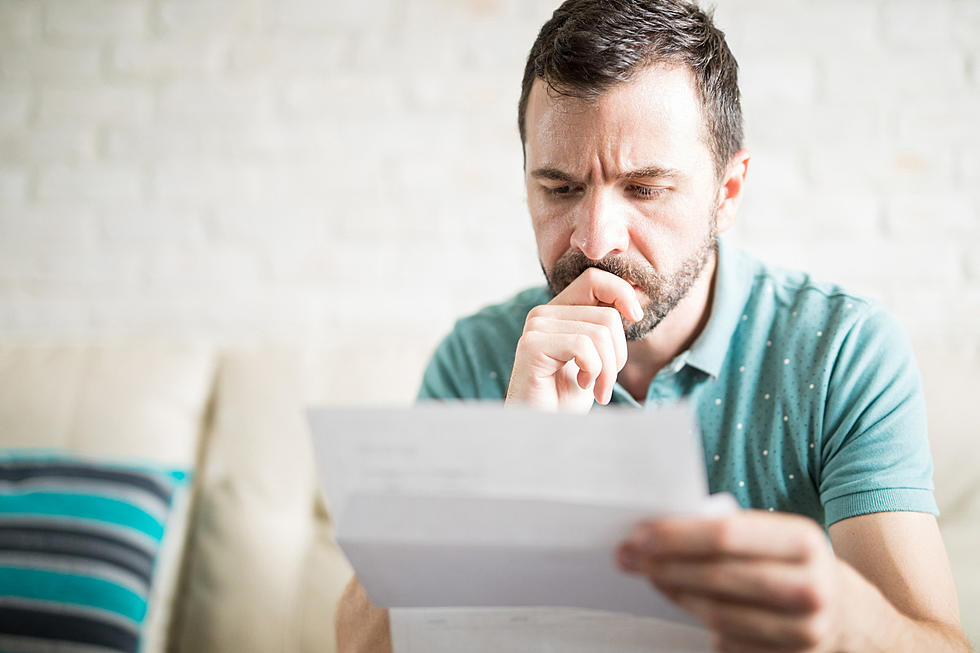
Falling behind on credit card bills? We asked an NJ expert what to do
Have higher costs forced you to depend more on credit cards?
Many New Jersey residents were already way behind on their bills a year ago, and the problem is only expected to worsen as residents receive their bills in early 2023 for the holiday shopping they're doing now.
In the fourth quarter of 2021, more than 7% of New Jersey's credit card balances were at least 90 days delinquent, according to a new report from Upgraded Points. The average credit score among New Jerseyans was 725.
Nationwide, according to the analysis, credit card balances increased by $46 billion between the first quarter and second quarter of 2022, as inflation added new pressure on families.
"Every single consumer — their goal should be to be above a 700 at this point in time," said Paul Oster, president of Better Qualified in Eatontown.
Oster's operation analyzes hundreds of credit reports on a daily basis, and this is the worst pre-holiday situation they've seen for consumers in 17 years, Oster said.
"These are early indicators, historically, that tell us that consumers are no longer able to tread water; they're actually starting to drown in their debt," he said.
In general, being 30 days late is considered delinquent. But it may take a couple months of delinquent payments before the information is passed along to credit reporting agencies, and that's when your failure to pay affects your credit score.
How to catch up on credit card bills
Stopping the financial bleeding may come with some sacrifices.
Unless you're depending on a windfall of cash — a loan from a family member or your 401(k), for example — expenses will have to be cut in order to create some breathing room, Oster said.
"You should be running your household like a small business. Figure out where the money is going," he said.
It may sound cliché, but eliminating your daily lunch or coffee run can result in hundreds of dollars per month saved, that can then be used to help pay down debt.
Also, the balance can only decline when there isn't more added to it. If your card hasn't been blocked already, try to avoid adding to the balance.
Believe it or not, creditors do not want to close your account, Oster noted. So, one could benefit from reaching out to their creditor and having an honest conversation.
For individuals facing multiple overdue bills, Oster suggests the approach of "debt stacking" — pay the minimum amount due on all bills, and throw any extra cash at the account with the highest interest rate.
Knowing the interest rates requires some research, though. Consumers who are avoiding their debts may have no idea what they're losing each month in terms of interest.
"You've got to sit down and spend some time on this, you can't just wing it. That's how you got into the problem in the first place," Oster said.
Dino Flammia is a reporter for New Jersey 101.5. You can reach him at dino.flammia@townsquaremedia.com
Click here to contact an editor about feedback or a correction for this story.
Unbelievably Expensive Divorces
How much does the average NJ home cost? Median prices by county
More From New Jersey 101.5 FM









